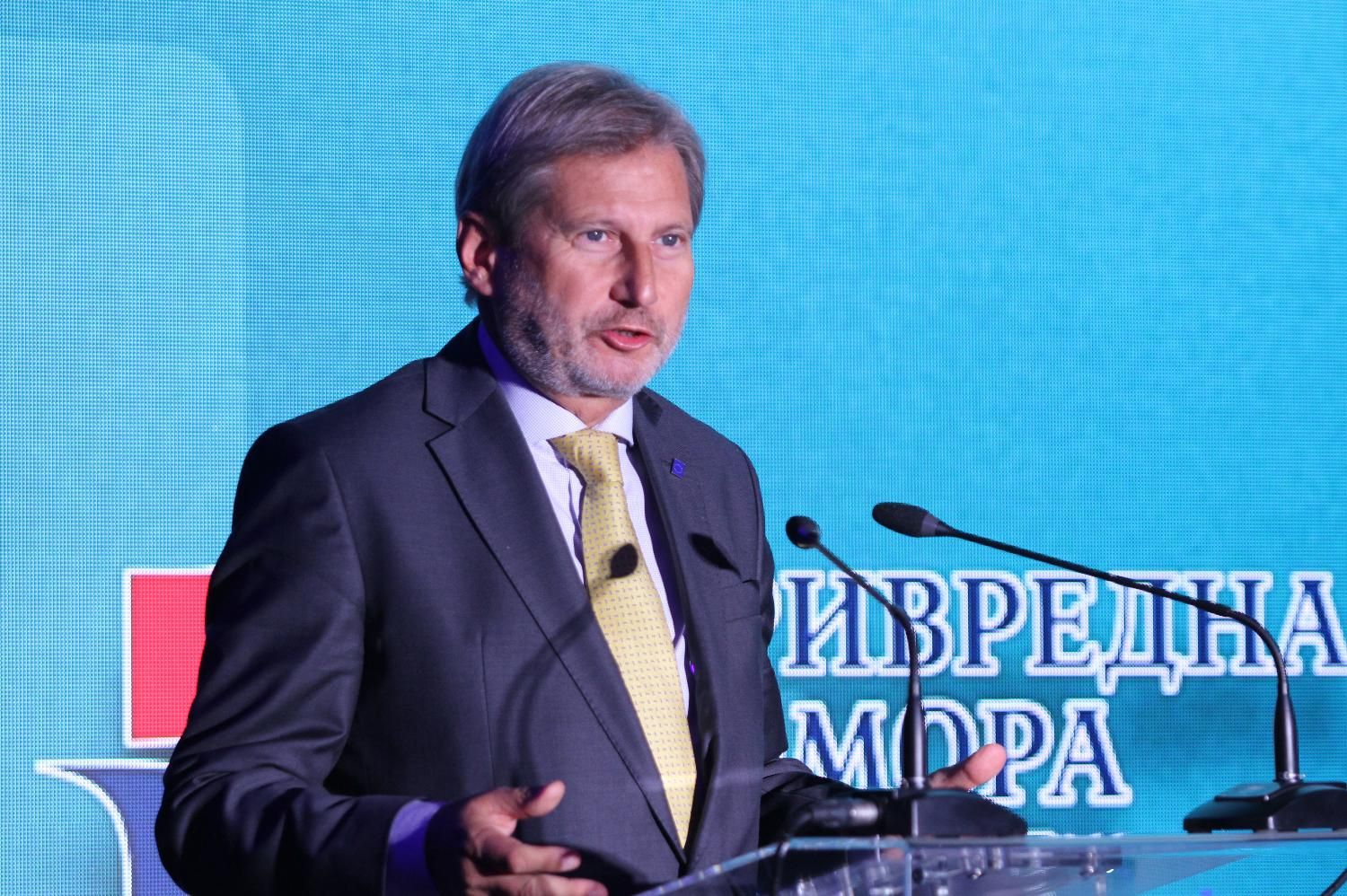European Commissioner for Neighbourhood Policy and Enlargement Negotiations Johannes Hahn said Serbia came out of recession but in order to achieve a complete economy success it needed to continue the reforms and above all work to strengthen the rule of law.
“Reform in the area of the rule of law is key to achieving a predictable business environment,” Hahn said during the forum dedicated to improving the business environment held at the Serbian Chamber of Commerce.
As some of the preconditions for the economic success Hahn mentioned the finalisation of privatisation process and restructuring of large companies as well as the reform of public administration.
“Such reforms will save a lot of money in the long run,” said Hahn and added that Serbia also needed to reform its tax administration in order to improve tax collection and strengthen fight against informal economy.
“Combating informal economy will improve the state of public finance, support those companies who pay their taxes and improve workers’ protection,” Hahn said.
He said that Serbia, despite the low inflation rate, struggled with high interest rates, which might be attributed to insufficiently predictable business climate.
“Which is why we the right of ownership needs a better protection, along with tackling the issue of the poor state of cadastre in order to ease the pressure on the real estate sector,” Hahn said.
He pointed to the issue of various para-fiscal charges faced by Serbian companies, imposed either by local governments or independent regulatory bodies.
“Serbia should review the costs of enforcing the law, which is why we call the Government to promote a more transparent system of para-fiscal charges and restart a regulatory guillotine,” Hahn said.
According to him, Serbian Government should play a more active role in the area of public investment, especially now that the state of public finance has improved.
Hahn said unemployment in Serbia was a long-standing issue and that attention should be paid to offering more opportunities to young people.
The European Union plays the key role in supporting Serbian economy and is by far its biggest trading partner and investor. In 2015, the EU invested EUR1.5 billion in Serbia. European investors enabled job creation, European Commissioner said.
Serbian Chamber of Commerce President Marko Cadez said the Chamber supported Serbia’s European integration process, while fully respecting the country’s economy interests.
“We are working to offer our economy more opportunities to advance and adjust to new business environment based on common European rules and openness of the European market,” Cadez said.
Head of Serbia’s Negotiating Team Tanja Miscevic said a cost benefit analysis would be conducted in order to assess the costs and benefits of Serbian companies on Serbia’s EU path.





